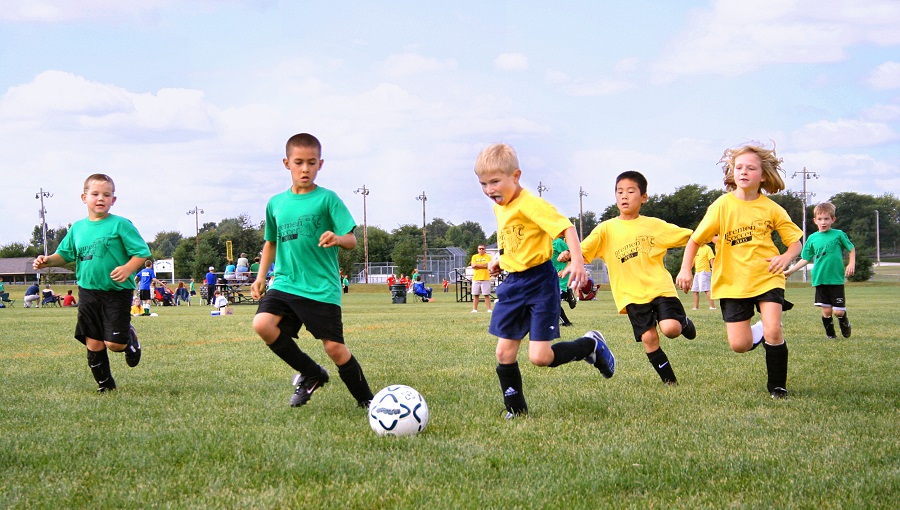Why Playing Team Sports Might Not Be Appealing for Your Child

If you’re a parent, you would most likely want your child to be involved in sports as early as possible. Team sports are vital for boosting kids’ general fitness, physical coordination, and self-esteem. They also allow kids to learn how to deal with other kids and adults.
Not all children are fond of playing sports in teams, but they can still be physically fit. However, parents must find out why the child is not interested. Here are reasons kids are turned off by team sports.
Their skills are not yet developed
Many preschools nowadays offer sports programs for young children. However, your child may be too young to engage in team sports. They need to develop things like their attention span and physical skills first. They should also learn to understand rules to engage in organized sports.
What parents can do would be to practice with the child at home. Some parents work on a solution, like gifting their child a radar gun for baseball. Other families buy their own basketball ring at home.
Practicing at home can also allow the children to be vulnerable when they try or fail. Parents can also teach children about rules and scoring. Children learn better when they practice in a safe environment. Doing these activities at home can also bring you closer to your child.
They are scared of competitive coaches
A child who is hesitant in playing sports can feel extra-nervous when working with a coach. Of course, it is the coach’s job to motivate the team to win the game. However, some children are still trying to grasp the concept of competition. This could cause them to have performance anxiety.
Parents can try to talk to coaches and other parents before signing them up in teams. There are organizations like the YMCA that have noncompetitive leagues. This will help children improve their skills without having to face competition early on.
When children get older, they will realize why games keep score. Most children are not ready for that kind of pressure until they are around 12 years old. When children are ready for competitive leagues, parents should remain supportive. This will make them feel at ease while playing their chosen sport.
They could still be looking for a sport they like
Sometimes, the answer is simple: they just haven’t found the sport for them. Maybe they find the idea of individual sports more appealing than team sports. They could also be more talented in other sports than those that are offered to them.
They could be worried about other things
Kids mature at different ages. Some children have bigger bodies or are better performers than other kids in the same age group. A child who is bigger or smaller may feel uncomfortable playing with their same-age peers.
Kids could also worry about getting injured, or they are afraid of not being able to perform well. They could be afraid of the ball or not have the required endurance to run all day long.
Children with health issues could feel reluctant to play in teams. This is common among children with asthma or those who are obese. However, they may find interest in other sports that do not require close contact with others. These may include sports like golf and baseball.
Are there other options for kids who do not like team sports?
Even children who say they hated sports may learn to like team sports when they find the right match for them. But even if they never learn to like team sports, there are other options to help them stay fit and active.
Free play is important for children who do not have a team sport. These activities help kids stay active even when they play on their own. This could include dancing, jumping rope, and riding bikes.
They can also enjoy individual sports that can help them stay active growing up. Children can still learn sportsmanship even in individual sports. They will also value their fitness in these activities. Individual sports include swimming, tennis, martial arts, skating, running, and gymnastics.
Parents need to be open to their child’s interests in other sporting activities. Be open-minded about their choices. When we force children to do something they are not interested in, they could lose interest in sports.
If your child wants to try a sport that is not offered at school, help them find a local league. You can also ask the school about forming a team. When children can explore their options, they discover things they genuinely enjoy.